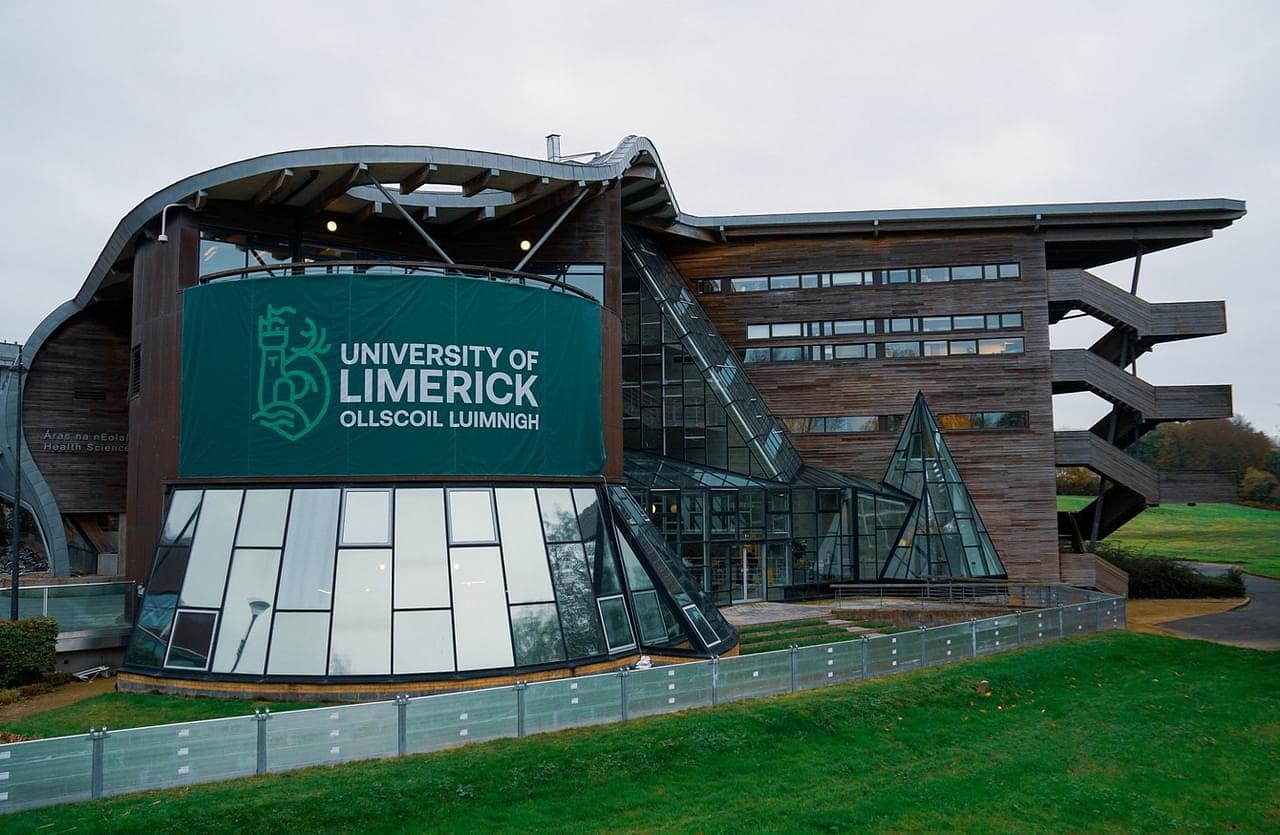Computer and Communications Systems MEng at University of Limerick
Limerick, Ireland
- Tuition Fee € 20,400
- Country Rank-
- Duration12 Months
- Score IELTS: 6.5 TOEFL: 90
Program Overview
The Master of Engineering in Computer and Communications Systems will appeal to graduates with primary degrees in electronics or computing who wish to focus on a career in telecommunications, as well as to those with other science or engineering backgrounds who wish to work in the telecommunications industry. The Programme is designed to equip students with a detailed knowledge of software engineering and the skills required to apply this knowledge in the field of communications systems. The need for these skills continues to expand as telecommunications becomes an increasingly common and important part of people’s lives.
On successful completion of the programme, graduates will be able to:
- Design, and develop advanced software, with emphasis on communications systems.
- Manage complex software engineering projects using up to date tools and techniques.
- Deploy and administer up to date network management technologies.
- Develop and maintain web-based application software.
- Assess security and performance issues relating to networked wireless communications systems.
- Evaluate new developments in telecommunications engineering using the relevant analysis methods.
- Develop real-time solutions for communications systems.
Cost Of Studying At University of Limerick
Interest rates as low as 8.9% *
250K+
Students Assisted
800Cr+
Loan Amount Disbursed
5000+
Loans Sanctioned
